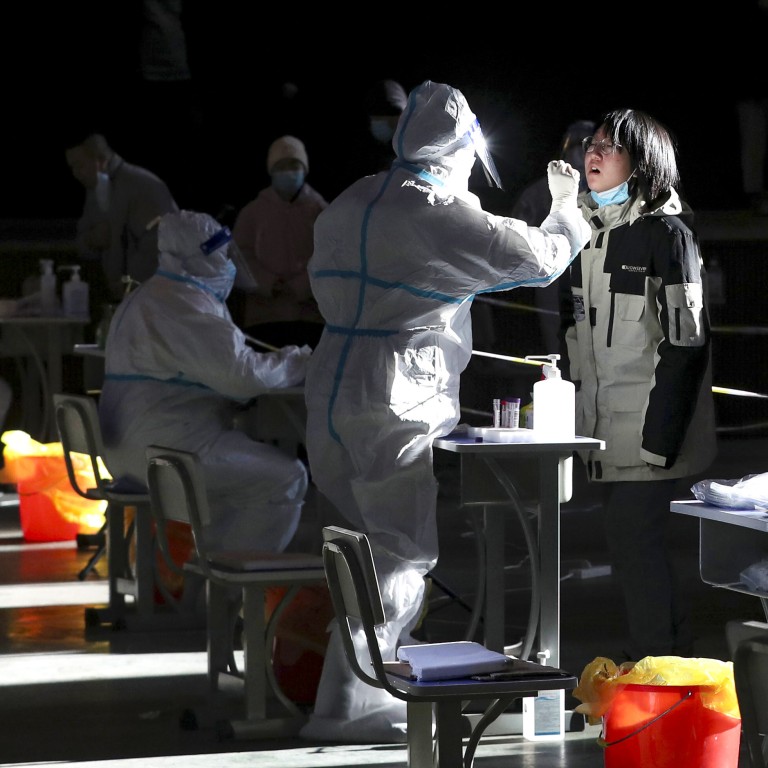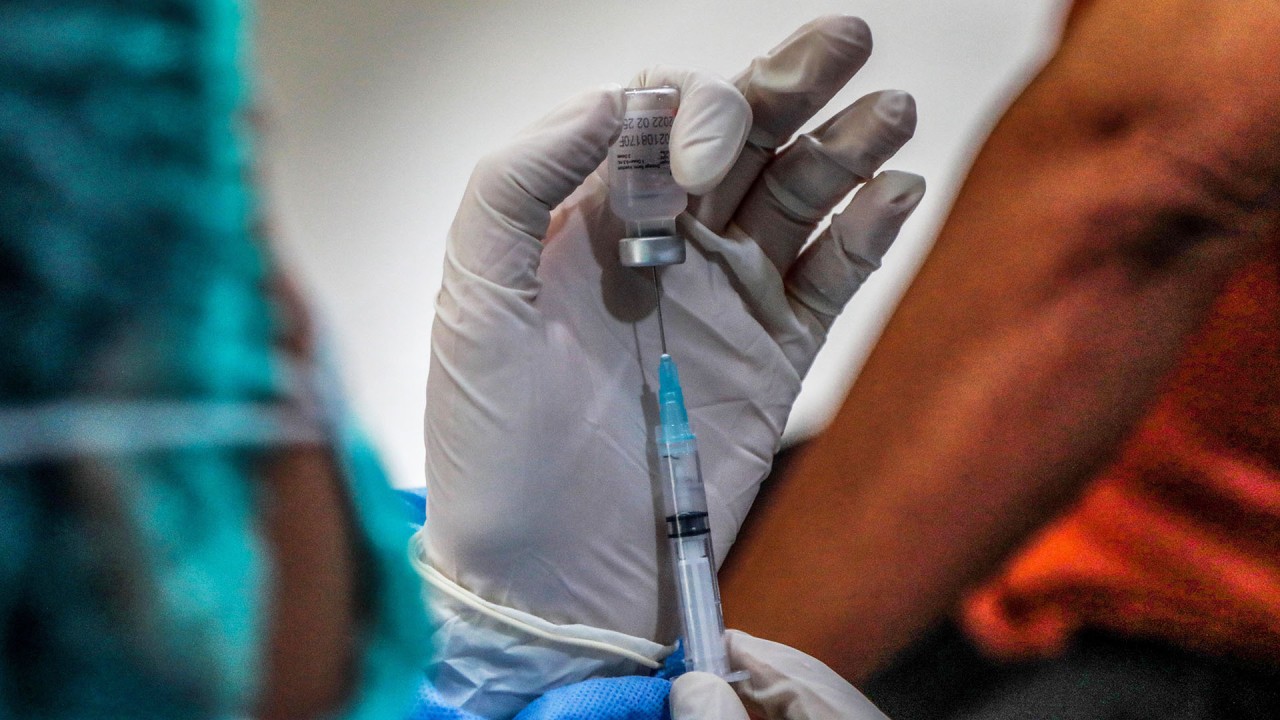
Amid winter Omicron unknowns, China to lean into ‘dynamic zero-Covid strategy’
- Senior health official says it’s not clear to what extent the new variant compromises vaccines
- But doses still prevent severe disease, hospitalisation and death, he says
George Gao Fu, director of the Chinese Centre for Disease Control and Prevention, said vaccines continued to prevent severe disease, hospitalisation and death, but there were uncertainties.
“Omicron has the ability to evade immunity, like Beta [a previously identified variant], while being more transmissible like Delta,” he told China News Weekly, a state-run news magazine based in Beijing.
“Our vaccines still work [against Omicron] but their efficacy is greatly compromised. It is hard to tell to what extent,” he said.
“The virus mutates but it remains a coronavirus. Our existing vaccines can still protect against the virus to a certain extent.
“We cannot rule out the possibility that a new, more transmissible [variant] will emerge while we worry about Omicron.”
China has yet to report a case of the Omicron variant, but its emergence in other countries could test its efforts to contain the virus by mass testing, frequent contact tracing, lengthy quarantines and strict border controls.
The authorities have enacted stringent measures to halt recent Covid-19 outbreaks in Beijing – which will host the Winter Olympics in February – and surrounding regions.
Other infections were found in Harbin in northeastern Heilongjiang province, Dehong Dai and Jingpo autonomous prefecture in southwestern Yunnan province and the port city of Ningbo in eastern Zhejiang province, the National Health Commission said.
In addition, four asymptomatic cases were found in Inner Mongolia, Yunnan and Zhejiang, and 44 new imported cases were detected, of which 34 were symptomatic.
After the NHC reported the national case tally, Hangzhou in Zhejiang reported two more local cases.
Ningbo, also in Zhejiang, closed schools and launched mass testing on Tuesday in a district after one symptomatic infection was identified. The city has cancelled all flights to Beijing since Monday, citing “public safety”.
In the northern part of the country, Manzhouli launched its 10th consecutive round of daily mass testing on Tuesday. It had found 431 infections in the previous nine rounds.
In a visit to the city on Monday, Inner Mongolia chairwoman Wang Lixia said authorities should ensure nobody was left out of mass testing and sampling efficiency was increased, according to state media reports.


